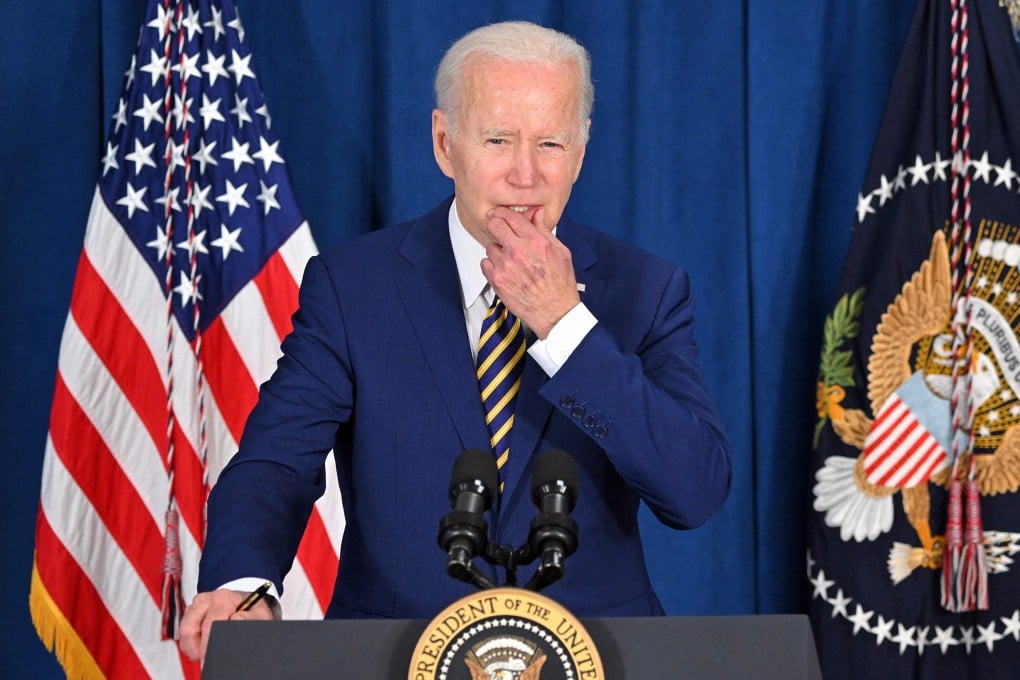Can Joe Biden convince the US’ Middle East allies he still has their back?
- Analysts said the US president will use his first-ever trip to the region to secure energy resources and plaster over widening cracks in bilateral ties
- He’s expected to renew US security commitments and take a ‘visible role’ in normalising ties between Saudi Arabia and Israel, they said

In preparation for the president’s first trip to the region since taking office, the White House has sought to highlight the role the US has played in defending Israel and the Gulf Arab states from common rival Iran.
Negotiations in Vienna on the Iran nuclear deal have been deadlocked since March, raising the prospect of heightened tensions with Tehran, as the Gulf monarchies’ refusal to support the West’s isolation campaign against Russia by flooding international markets with oil further spotlighted widening cracks in their relationship with the US.
“The war in Ukraine has led the US to quickly realise that it needs Saudi Arabia and other energy suppliers in the region to provide an alternative to Russia’s energy supplies,” said Gedaliah Afterman, head of the Asia policy programme at the Abba Eban Institute for International Diplomacy in Israel.
“On the strategic front, the refusal of all US allies in the region to take sides in the war in Ukraine, despite US requests, was a clear signal that Washington is losing ground, allowing for others, including China, to become stronger at its expense.”
